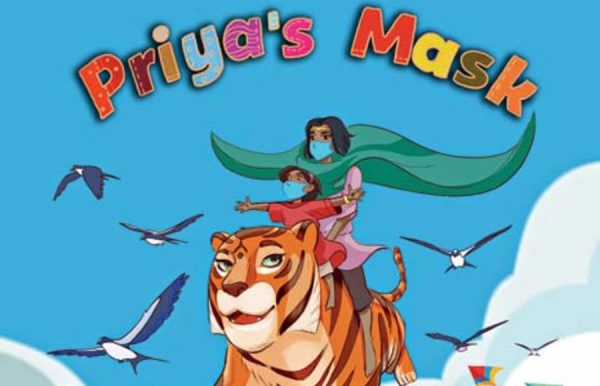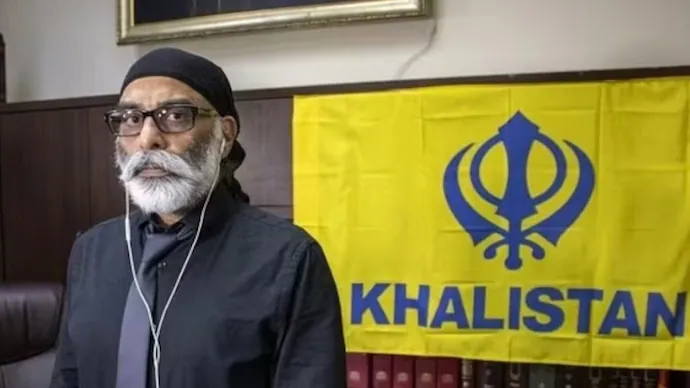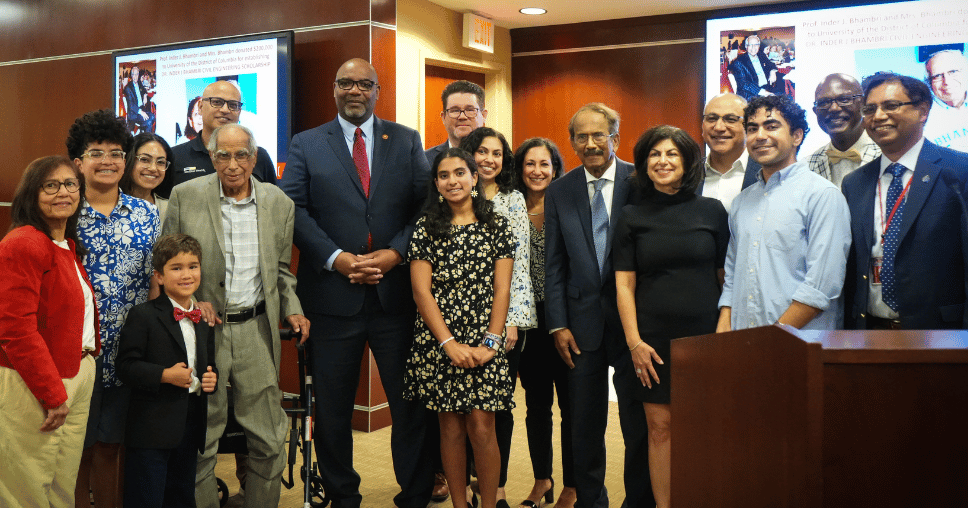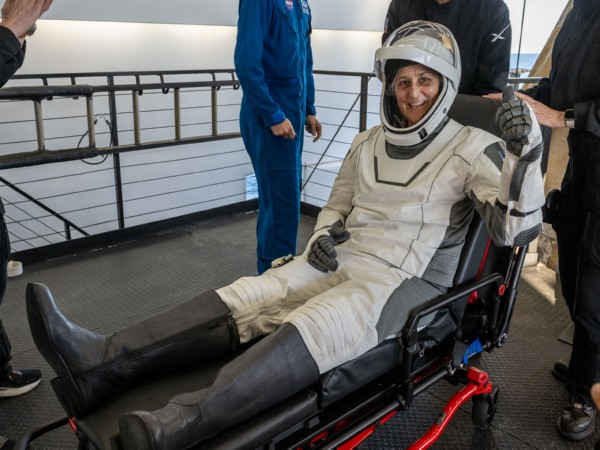Indian-American Ram Devineni created the character over eight years ago.
Our Bureau
India
Early in December, the Global Health Film Festival in London featured an Indian animation, Priya’s Mask. You would expect the arrival of the Covid superhero, if you will, to capture the imagination of the Indian news media, beyond just the entertainment pages. After all, in our world of education technology, new ways of learning are emerging and in India, comics have not exactly been officially elevated to that level. And of course, the arrival of the “brown Covid superhero” would make popular headlines.
While large sections of the Indian media all-but-ignored the new category of superhero for India, and surprisingly did not revel in panegyrics, several American media platforms have been more effusive in their recognition of the two-minute animation that accompanies a 15-page comic book. Both the book and the film premiered at the Festival.
The Washington Post recently wrote a review that highlighted how India’s first female superhero Priya takes on Covid-19. And now National Public Radio (NPR) celebrates the new hero who “has battled rape, acid attacks and trafficking. And now she’s fighting the new coronavirus.”
The protagonist, Priya, is molded in the yarn of a new genre superhero: bruised, gray, lonely … and brown. Kolkata-based The Telegraph headlines its review as: “The globe really needs brown girls out there” (sic). From Washington Post to The Telegraph, Priya’s brown identity is the theme, the peg, and the hook, saving the nuance in the details.
NPR, on the other hand, talks about why Devineni’s project is important for Indian children: “The idea was to use comic books to help children in India understand difficult topics—especially those that are heavily stigmatized.” In his interview to that daily, Devineni said Priya’s Mask was inspired by his three-year-old niece, who has been locked in during the pandemic and expressed a sentiment that the superhero mouths in the comic book: “I feel very sad. I don’t really know how to express my emotions.”
Priya was “born” in 2014 in the aftermath of the notorious barbaric gangrape and subsequent death of a 27-year-old woman in New Delhi. The universal appeal of the scarred protagonist, however, is found in the ennui of loneliness because of Covid-19, and this hits home.
But Devineni told NPR that the story is also about disinformation—the other pandemic plaguing the world. In the story, where Priya and her companion Sahas fly around the city of Mumbai, they hear different versions of the truth, but realize on their own as they cross into neighboring Pakistan that the coronavirus has no national borders—an indictment of sorts of the hypernationalism that pervades our world these days.
Priya’s Mask is available in a free-to-download format. Since its premiere on December 2, the world media have covered the unusual story of Priya’s journey from innocence to experience.


























